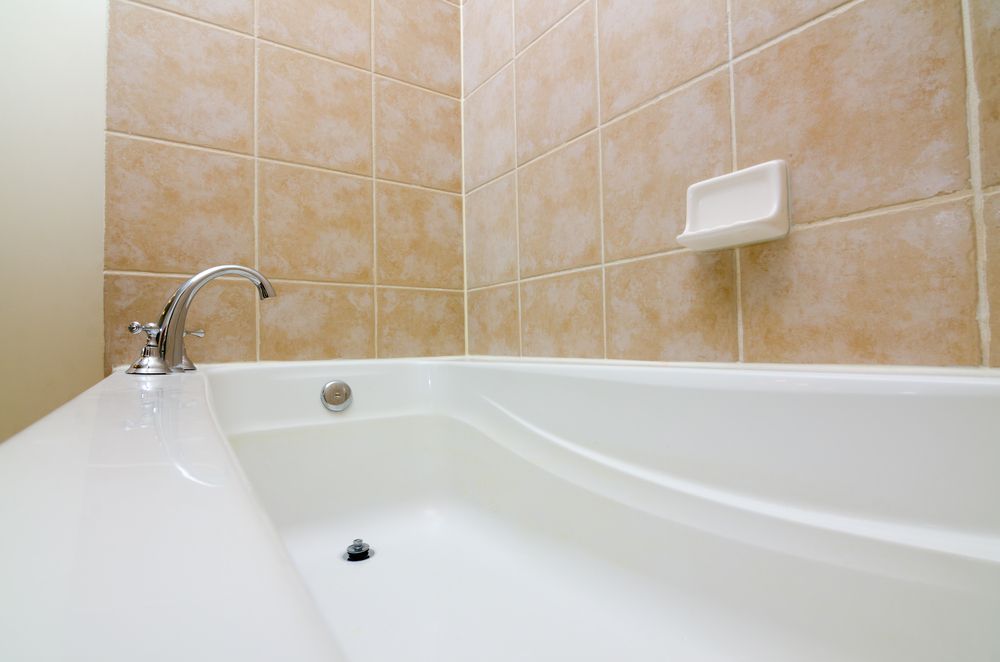7 Tips On Planning A New Home’s Plumbing!
Key Takeaways:
- The first step is to think about the plumbing needs and requirements. Once you understand what you need, you can start planning the project accordingly.
- Looking for multiple bids from plumbers is essential because they allow you to compare the pricing and services.
- Any plumber who doesn’t have permits may not be qualified to do the job, so it’s always good to double-check and ensure all are in order.
- During the construction of your home, it’s essential to have a central location for your plumbing system.
- If you have a wet wall, let your plumbing contractor know, as it will ensure that the plumbing is installed correctly to avoid potential problems.
When you’re building a new home, there are several different things to consider – from the color of the walls to the layout of the rooms. But one of the most important aspects of any home is its plumbing. If you’re not careful, your plumbing can end up causing many problems down the road.
Luckily, there are a few tips you can follow to help make sure everything goes smoothly. To give you a better insight, let’s discuss these tips so you can plan your residential plumbing project appropriately and avoid any uncertainties.
Ways To Plan Residential Plumbing for Your New Home
1. Focus On Your Plumbing Needs and Requirements
The first step is to think about the plumbing needs and requirements. What kind of residential plumbing do you need? Are you looking for a basic setup or something more sophisticated? Once you understand what you need, you can start planning the project accordingly.
You can always hire plumbing repair services to help you scope the project and estimate the costs based on your requirements. This can be extremely helpful, especially if you’re unfamiliar with residential plumbing systems.
2. Get Multiple Bids from Residential Plumbing Contractors.
The next step is to get bids from residential plumbing contractors. Multiple bids are essential because they allow you to compare pricing and services. It’s also a good idea to read reviews of different contractors before making your final decision.
3. Securing The Necessary Permits
Once you’ve selected a contractor, securing the necessary permits is next. The contractor usually does this, but it’s always good to double-check and ensure everything is in order. Any plumber who doesn’t have a permit may not be qualified to do the job, which could put your home at risk.
Plumbing permits include a fee, and the cost will vary depending on your location. In some cases, you may be able to get a license online.
4. Centralizing The Plumbing System
During the construction of your home, it’s essential to have a central location for your plumbing system. This will make it easier to maintain and repair in the future.
Some plumbing appliances that need to be installed together include:
- Toilets
- Sinks
- Bathtubs
- Showers
- Washing machines
- Dishwashers
Homeowners can put their plumbing system in the basement, while others prefer to keep it in the garage. If you don’t have a basement, the plumbing can still be installed in an interior room as long as there is enough space. It’s up to you, but discuss it with professional plumbing repair services before making a final decision.
5. Consider Installing Water Softeners.
This will help avoid limescale buildup and extend the life of your plumbing system. Water softeners can also improve the quality of your water, making it healthier for you and your family.
When you’re investing in plumbing, always think of the long term. Water softeners, for example, can be an excellent investment even though they may not seem like an urgent necessity. By planning, you can avoid problems down the road and save yourself money in the long run.
6. Sharing A Wet Wall
If you have a wet wall, let your plumbing contractor know. This will help ensure the plumbing is installed correctly and avoid potential problems. It’s also a good idea to ask for a second opinion from another contractor to get a second set of eyes on the project.
7. Making A List of All the Rooms That Need Water Access
Before starting the installation, list all the rooms in your home that need water access. This will help ensure that you don’t forget anything and that every room is accounted for. The rooms that generally require access to water are:
The kitchen- For sinks, dishwashers, and other appliances.
The bathroom- For showers, toilets, sinks, and other fixtures.
The laundry room- For washing machines and dryers.
Developing A Comprehensive Plumbing Plan
Once you have listed all the rooms needing water access, it’s time to develop a comprehensive plumbing plan. This plan should consider the location of all fixtures, appliances, and other elements that will require water.
It’s essential to be as detailed as possible when creating your plumbing plan. This will help ensure that everything is installed in the correct location and that there are no surprises down the road.
If you’re unsure about something, consult a plumbing contractor who can help you develop the perfect plumbing plan for your home.
If you’re planning a plumbing remodel, here’s what you need to know.

Things To Consider Before Getting Your Plumbing System Installed
The location of the main water line, the sewer line, and the septic tank should be considered when installing a plumbing system in a home. The main water line is the supply of fresh water that comes into your home, while the sewer line is used to remove wastewater from your home.
It’s also essential to think about where you want your fixtures and appliances to be located. This will help determine how much piping you need and where it will go.
The type of pipes is also an important consideration, as many different kinds are available on the market. Some are more durable and can handle hotter or colder water temperatures. Some pipes are less likely to corrode over time.
Benefits Of Hiring a Professional Plumbing Contractor
There are many benefits to hiring professional plumbing repair services when you’re planning the plumbing for your new home.
A professional will be familiar with all the different types of pipes and how to install them properly. They’ll also be able to advise you on the best location for your fixtures and appliances.
Moreover, they will be able to identify any potential problems that could arise down the line. This can save money, time, and headaches in the future.
Working with a professional plumbing contractor is the best way to ensure that your new home’s plumbing is installed correctly and will function properly for years to come.
Premier Plumbers offers extensive plumbing services, including residential plumbing remodeling , commercial renovation , and more in Sarasota, FL .
Get a free quote today to learn more about our services!
The post 7 Tips On Planning A New Home’s Plumbing! appeared first on Premier Plumbers.

Sarasota - Manatee - Charlotte 941-921-4846
Lee and Collier 239-210-0018
Text: 239-402-4148
Email: service@premierplumbers.plumbing
Sarasota Office: 6026 South Tamiami Trail
Sarasota, Florida 34231
Fort Myers Office: 2317 Bruner Lane
Fort Myers, FL 33912
